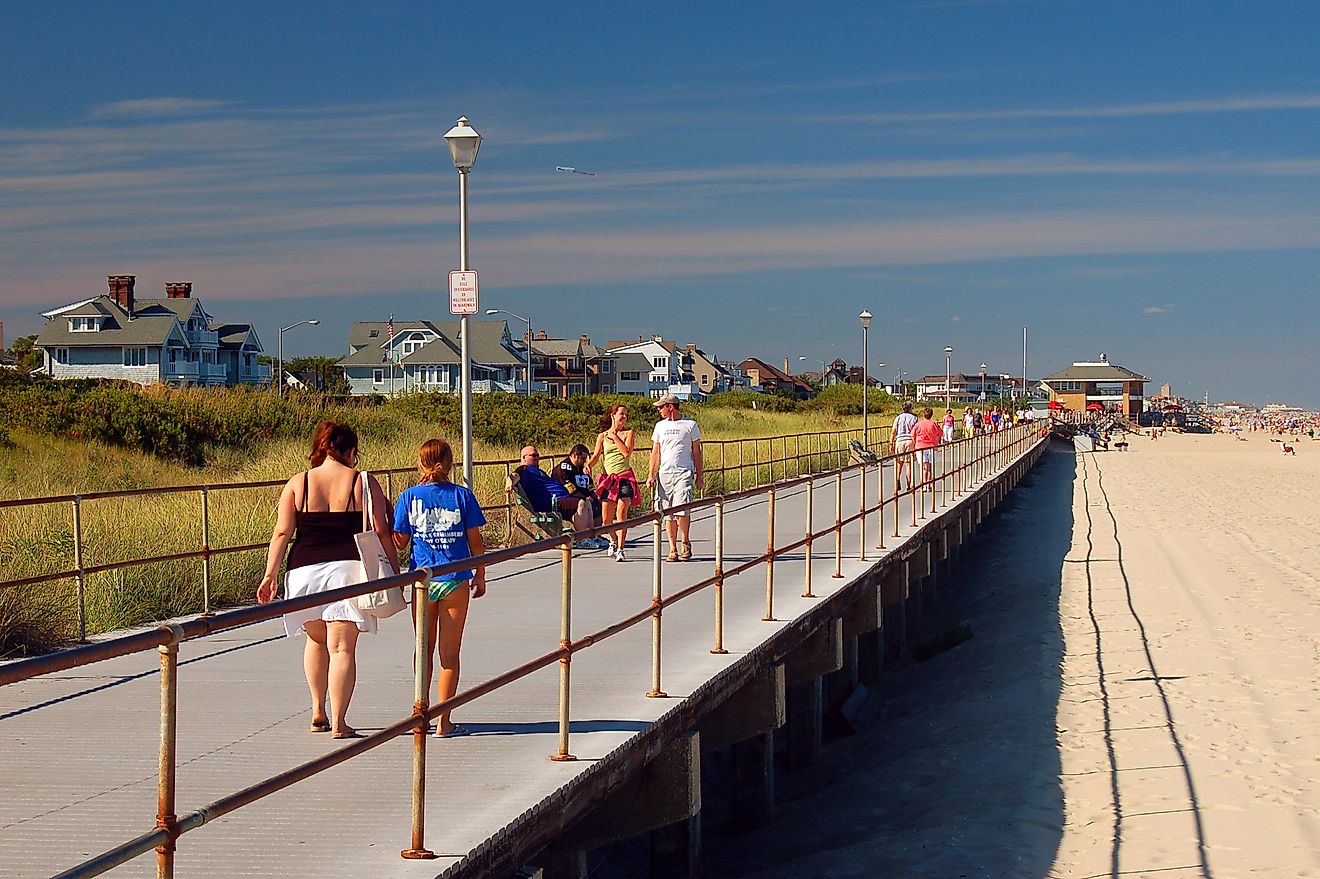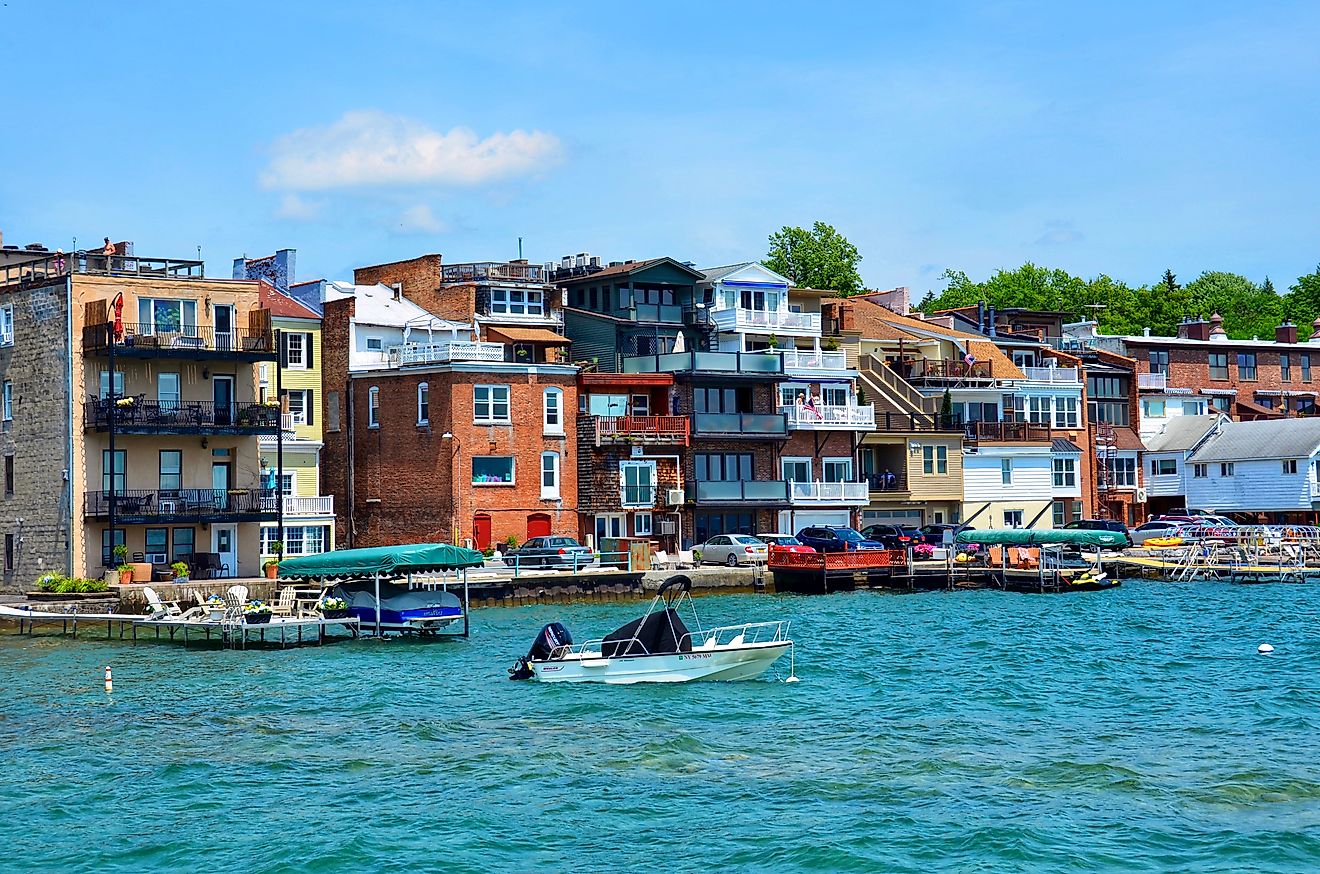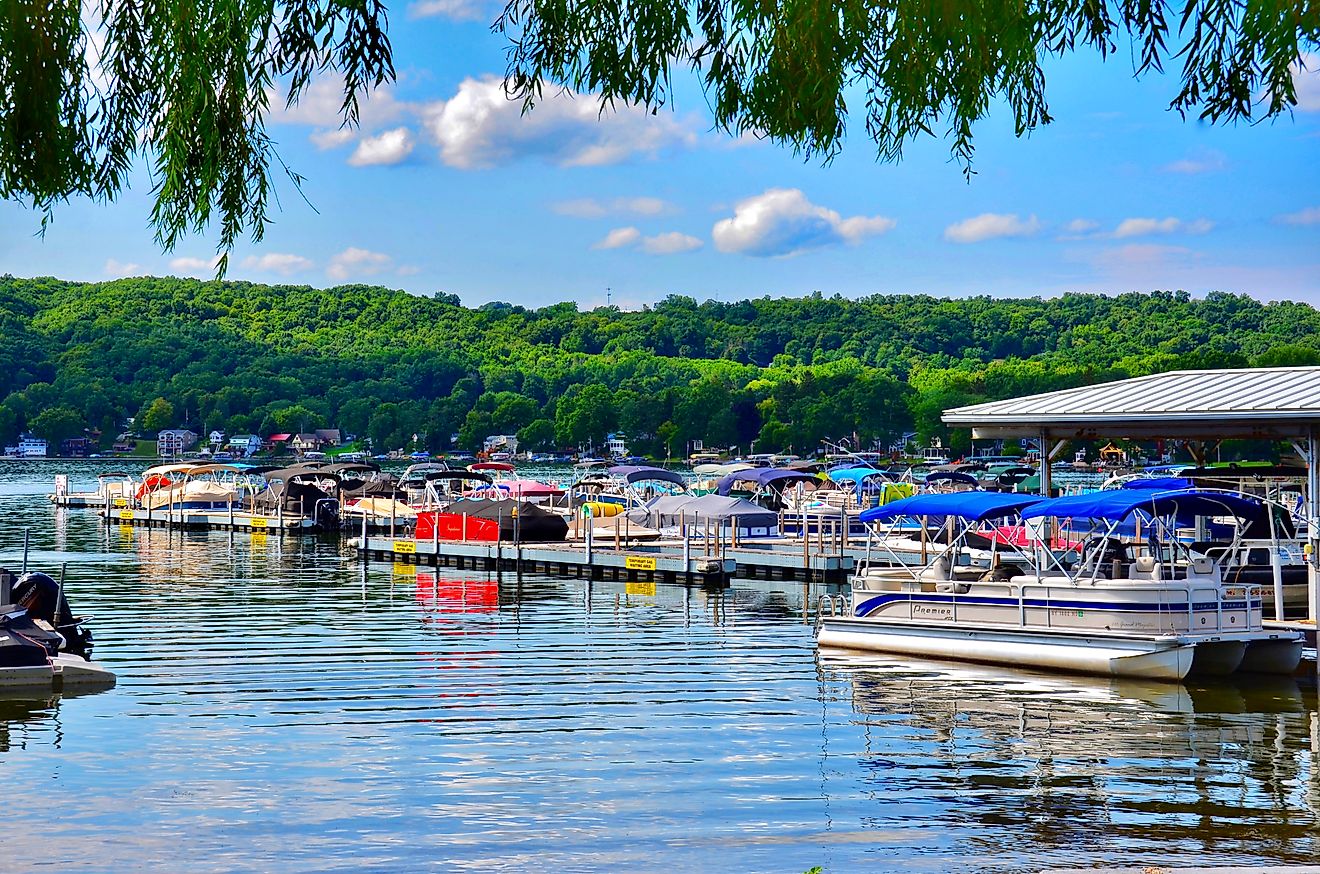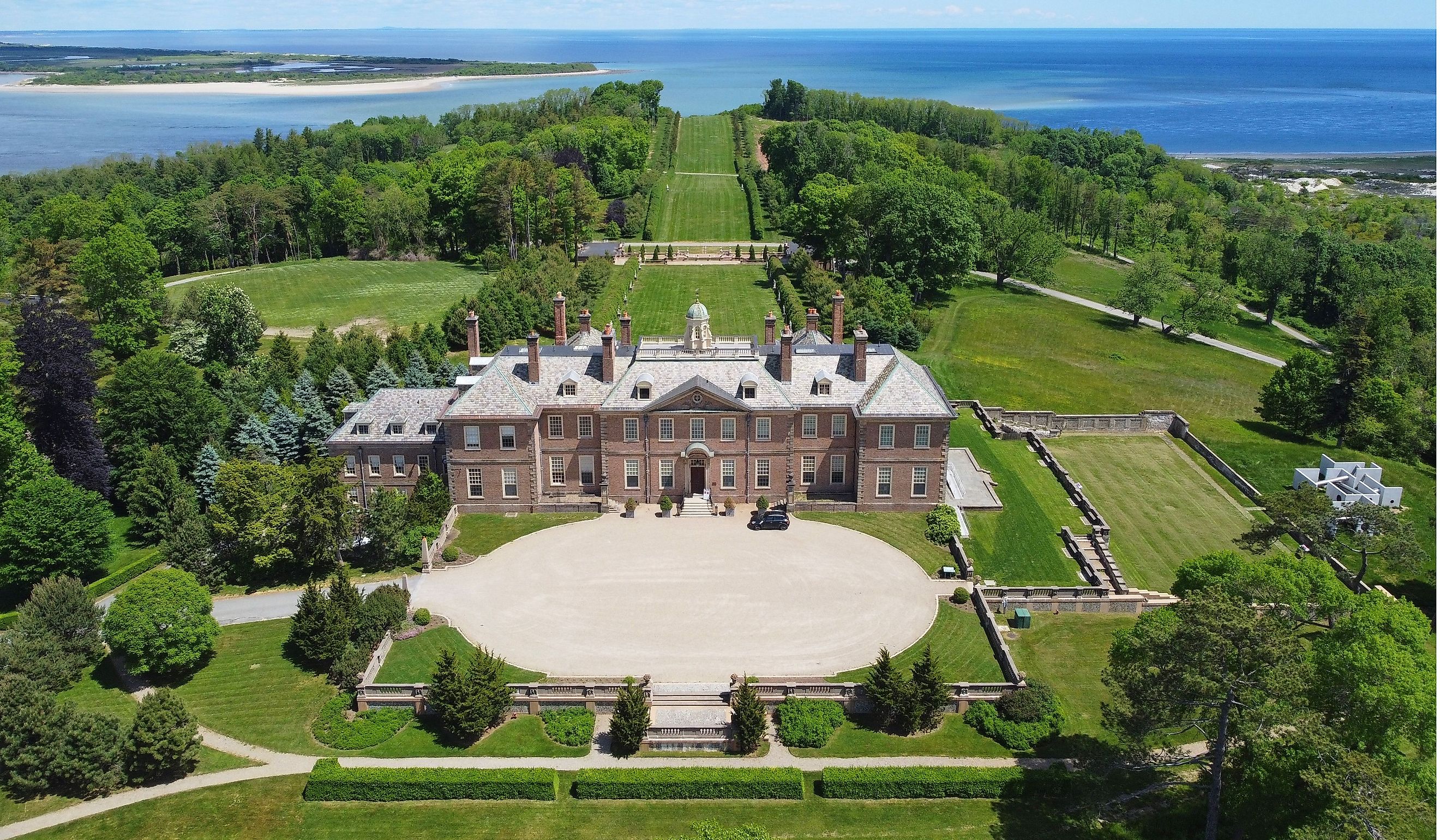
7 Oldest Founded Small Towns to Visit in the Northern United States
Get ready to be swept away by the timeless allure of seven of America’s oldest small towns in the Northern United States, where sun-kissed coastlines, lush greenery, and tranquil trails adorn historic sites marking the birthplace of America. In towns like Portsmouth, New Hampshire, antiquated buildings stand like sentinels as the past echoes off of their walls and edifices. Newport, Rhode Island, boasts grand mansions that rise like giants from the earth, while Ipswich, Massachusetts, is home to Crane Beach’s stunning dunes and shimmering shore. Each one of these beautiful towns is a patch on the quilt of history, blanketing a landscape of uncanny beauty for you to wrap yourself in completely.
Portsmouth, New Hampshire
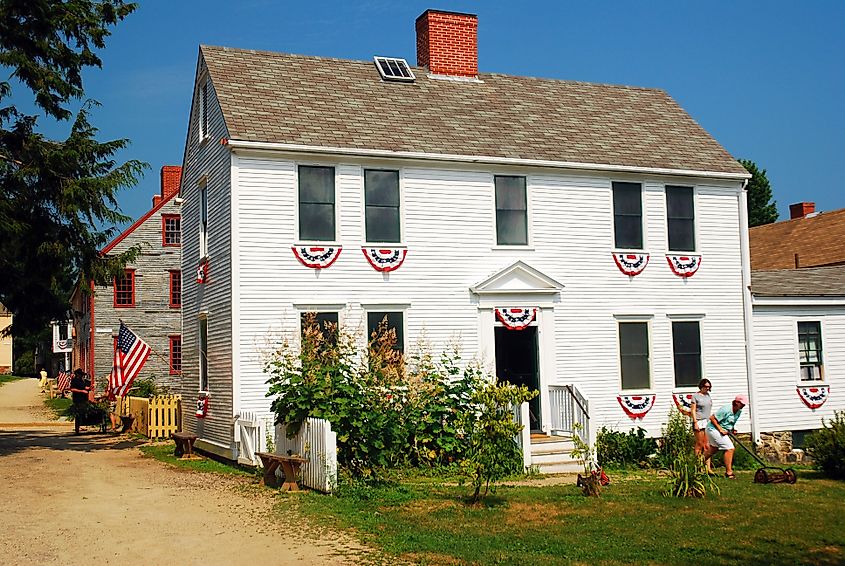
Portsmouth, New Hampshire’s oldest city, wears its history like a badge of honor. Founded in 1623, it was a hub for shipbuilding, trade, and innovation, with the first American submarine to be used in combat, the "Turtle," built here in 1775. The streets of Portsmouth have spoken stories of revolutionaries, inventors, and sailors. Today, the city’s rugged past meets its vibrant present in the revamped waterfront, where the Prescott Park gardens burst with color, and the Great Bay National Wildlife Refuge teems with habitats awaiting curious adventurers. The Strawbery Banke Museum’s collections of centuries-old buildings stand as a testament to the city’s enduring spirit, while the Portsmouth Harbor Lighthouse stands tall as a beacon of possibility and discovery. A visit to Portsmouth will leave you with an appreciation of both the past and present, so definitely consider this historic town as a destination in your future!
Newport, Rhode Island
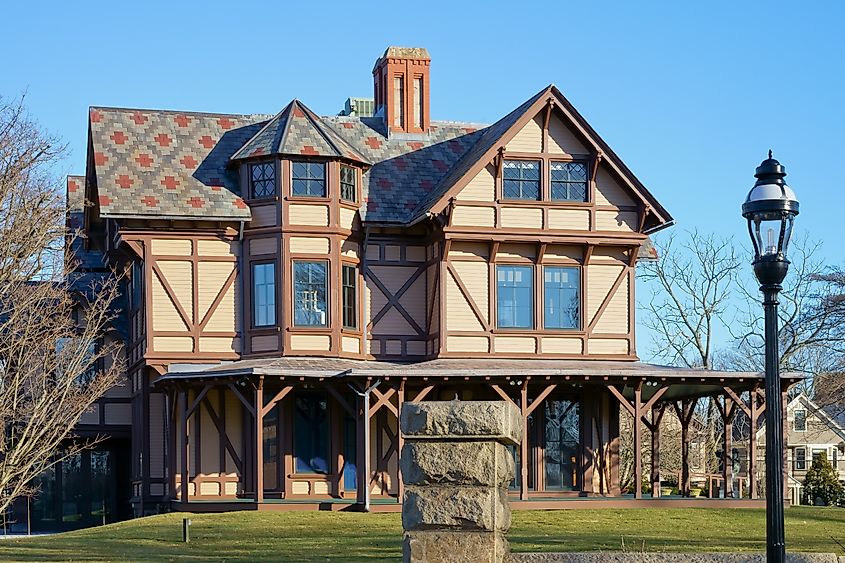
Newport, Rhode Island, is a city born from the sea, with rich ocean waters wafting like a richly textured cloak amongst its rocky shores. Founded in 1639 by English settlers, it evolved from a scrappy colonial port to a lavish playground. During the American Revolution, Newport played a pivotal role as a strategic naval base and was occupied by British forces from 1776 to 1779. Later, the city became a beloved summer retreat for the Gilded Age elite, who built grand mansions like the Breakers, a Vanderbilt masterpiece showcasing opulence and excess. The Cliff Walk, once a scenic route reserved only for the wealthy, unfurls like a ribbon, offering breathtaking views of the Atlantic Ocean’s simultaneity of fury and serenity to all. Easton’s Beach holds no reservations about picturesque surroundings and has been a beloved getaway location for generations since the 19th century. In Newport, the past is a living, breathing entity waiting for you to discover this beloved town.
Ipswich, Massachusetts

Established in 1634 by intrepid settlers, Ipswich, Massachusetts, is rooted in a storied shipbuilding industry, which once launched vessels that sailed the seven seas. This rich history is exhumed in the weathered timbers of the John Whipple House, a 17th-century home that stands as a testament to the ingenuity of Ipswich’s earliest residents. Nearby, the Old North Burying Ground, rife with crumbling headstones and whispering grasses, signifies this town’s role in the American Revolution. The windswept dunes of Crane Beach have witnessed centuries of maritime history, while the Ipswich River Wildlife Sanctuary, with its tangled wetlands and forests, remains a refuge for the same species of birds and wildlife that once thrived in the town’s earliest days. Today, Ipswich’s timeless charm continues to captivate visitors, inviting them to wander through the ages and experience the enduring spirit of this venerable Massachusetts town.
Sault Ste. Marie, Michigan

Sault Ste. Marie, Michigan, founded in 1668 by French missionaries, encapsulates a vivid history that harmonizes with the rhythms of the Great Lakes. The Tahquamenon River’s crystal waters cascade into the Tahquamenon Falls State Park’s rugged terrain, a sight that has captivated Indigenous peoples, fur traders, and explorers for centuries. At Whitefish Point, the Great Lakes Shipwreck Museum stands as a poignant tribute to the lives lost and the maritime legacy that shaped the city’s fortunes. The Soo Locks, a marvel of engineering since 1855, continue to connect Lake Superior to the lower Great Lakes, facilitating the passage of freighters and sailboats alike. From the Tower of History’s vantage point, the city’s storied past unfolds, where the Chippewa people’s ancient traditions blend with the spirit of European exploration and industrial progress. Sault Ste. Marie’s combination of Indigenous resilience, European discovery, and industrial ingenuity forever shapes this town’s identity, inviting new generations to explore its storied shores.
St. Albans, Vermont

St. Albans, Vermont, founded in 1763, exudes a rich culture with a deep connection to its past. The town’s historical significance is on full display at the St. Albans Historical Museum, which offers a nuanced look at the local history and the infamous St. Albans Raid, a daring heist that took place during the Civil War. The town’s central green, Taylor Park, is a bustling community hub surrounded by historic buildings, shedding light on St. Alban’s architectural evolution. Meanwhile, the Missisquoi National Wildlife Refuge and St. Albans Bay Park provide a glimpse into the region’s diverse ecology and the importance of conservation. St. Albans is a captivating location for anyone fascinated with the diversity of destinations discovered in the Northern United States.
Stonington, Connecticut
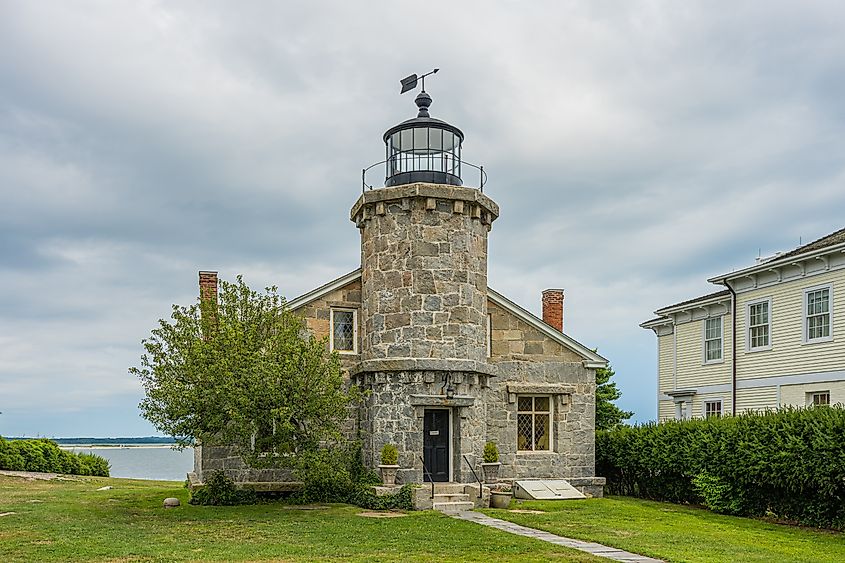
Stonington, Connecticut, founded in 1649, has a distinct maritime identity that sets it apart in the Northern United States. The town’s coastal location has shaped both its culture and architecture, evident in its weathered buildings and salty sea air. The Stonington Lighthouse Museum, housed in the 1840 lighthouse, explores the town's maritime past, including its role in whaling, trade, and exploration. The Captain Nathaniel B. Palmer House, home of the celebrated sea captain, offers insight into the life of a 19th-century mariner. DuBois Beach and Barn Island Wildlife Management Area provide a natural contrast to the town’s industrial past, with their undeveloped coastline and diverse marshland. As the only Connecticut port to remain under American control during the War of 1812, Stonington’s charming blend of cultural heritage and coastal scenery make it a compelling destination.
Green Bay, Wisconsin

While Green Bay, Wisconsin, is admittedly no longer a small town, it felt right to include it on this list, as it is actually one of the oldest European settlements in the US. The town, founded in 1634 by Jean Nicolet and named after the bay that it sits upon, blends indigenous culture, French and Belgian Heritage, and the rugged ingenuity of the American Spirit. The Bay Beach Wildlife Sanctuary offers scenic trails, diverse wildlife, and vibrant flora. The Bay of Green Bay itself is perfect for boating, fishing, and relaxing while enjoying the golden glow of sunset next to the bay’s tranquil waters. Explore the city’s past at Heritage Hill State Historical Park, where historic buildings come alive, or visit the Hazelwood Historic House Museum, a stunning 19th-century mansion sharing secrets of local lore. In Green Bay, the stories of yesterday meet the rhythms of today, set against a backdrop of shimmering waters and sun-kissed landscape, creating a destination that feels both timeless and utterly alive.
As some of the oldest small towns in the Northern United States, these destinations offer a captivating journey through time. Each town tells a unique story of resilience, innovation, and tradition, from Portsmouth's rugged coastlines to Green Bay's sun-kissed shores. With every stroll through historic streets, exploration of scenic trails, and visit to iconic landmarks, each step reveals a new layer of America’s fascinating heritage. The past converges with the present, shaping the identity of these enchanting towns.

